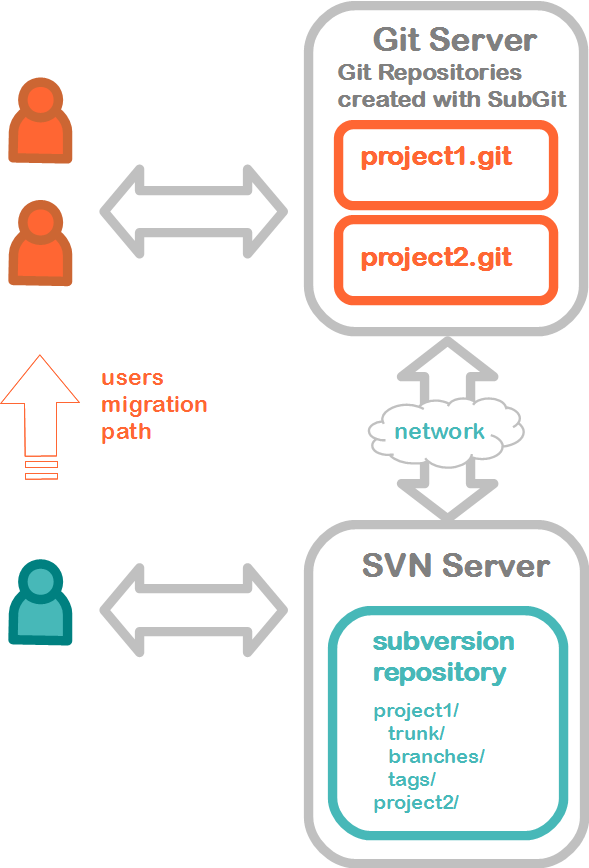

10 Linda Hutcheon, Narcissistic Narrative, the Metafictional Paradox, Waterloo, Wilfri (.).


Experience might eventually lead us, in Eòin Flannery’s words, “to discern the stirrings of resolution or accommodation across antagonistic communities 7” in Colum McCann’s multidimensional triptych, Everything in this Country Must. With the firm conviction that “no single theoretical model can contain the complexities of human realities 6”, we shall investigate how Bernard MacLaverty’s “Father and Son” makes us literally experience otherness while William Trevor’s “Lost Ground” traces a painful path to uncompromising awareness. I will therefore be “arguing at the cross-roads 5”, freely connecting discourse analysis, philosophy and neuro-sciences, reality and fiction. 8 Colum McCann, in “Joseph Lennon, ‘The First Man to Whistle’: Two Interviews with Colum (.)ģThis paper is thus a modest attempt at combining perspectives from various fields of research to try and gain new insights into the way we, as readers of fiction come to terms with radical otherness, be it the characters’, the writer’s, or our own, and the consequences it has on our understanding and deciphering of the world.7 Eòin Flannery, “Troubles’ Trilogy: Everything in this Country Must, in Susan Cahill and (.).5 As an echo to Paul Brennan and Catherine de Saint Phalle’s title, Arguing at the Crossroads, (.).Epiphany, one of the defining elements of the genre is often problematic and unexpected, which makes it a natural space for questioning certitude. Cunningly adding, “is choice a particularly Irish problem?” 2, she defines short stories, as “the cats of literary forms 3”, enigmatic and demanding in terms of interpretation. Anne Enright, editor of The Granta Book of Irish Short Story insists on the “either/or question asked by the work of contemporary writers”. The idea therefore took shape to explore the no man’s land between fiction and reality, to see how fiction, and particularly short fiction, might be a privileged path towards the understanding of otherness and lead to the indispensable subversion of all-too-often destructive allegiance. In the specific context of Irish Studies, the issue of differing and possibly conflicting perspectives acquires unequalled urgency. In the literary domain, among the most intriguing questions are those of perspective how readers are constantly led to share points of view that are different from their own. 2 Anne Enright, The Granta Book of Irish Short Story, Grant, London, 2011, p.xv.ġPaul’s writings, as they appeared in the In Memoriam volume published in 2004 in Etudes Irlandaises can be seen as untiring quests to understand the other, moved by “intellectual curiosity and openness 1”, displaying a profound sense of empathy and a striking capacity to analyze questions from different angles in the cultural and political fields.1 Following the words of the CFP for the In Memoriam Paul Brennan Conference in Caen in 2013.


 0 kommentar(er)
0 kommentar(er)
